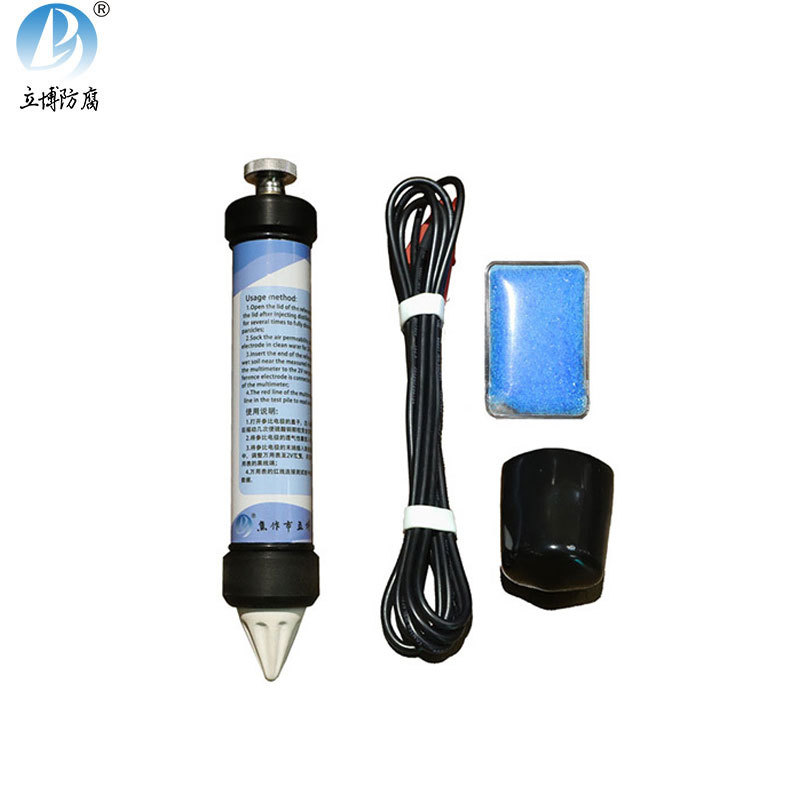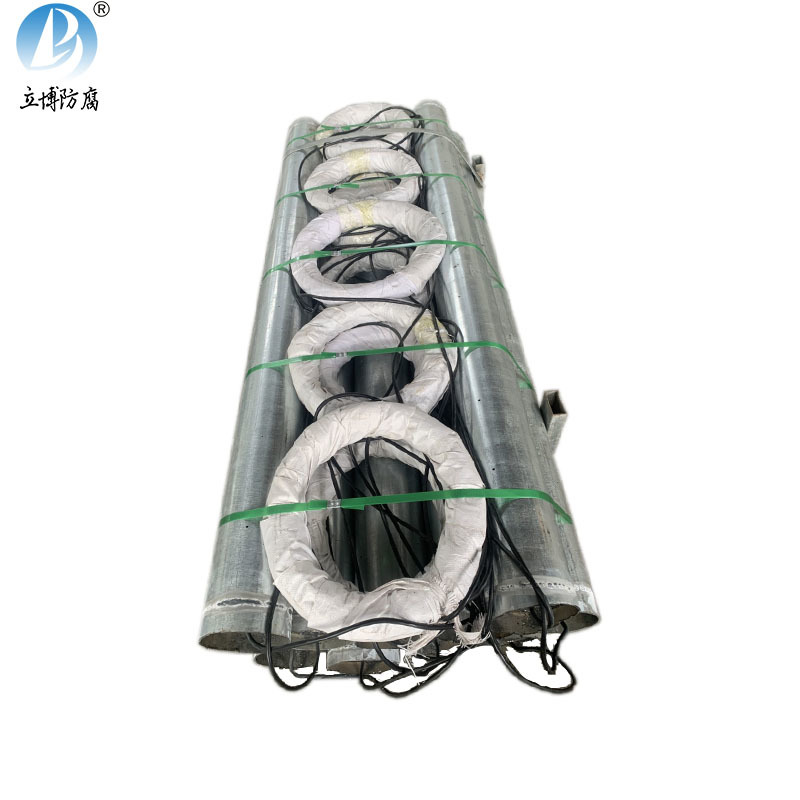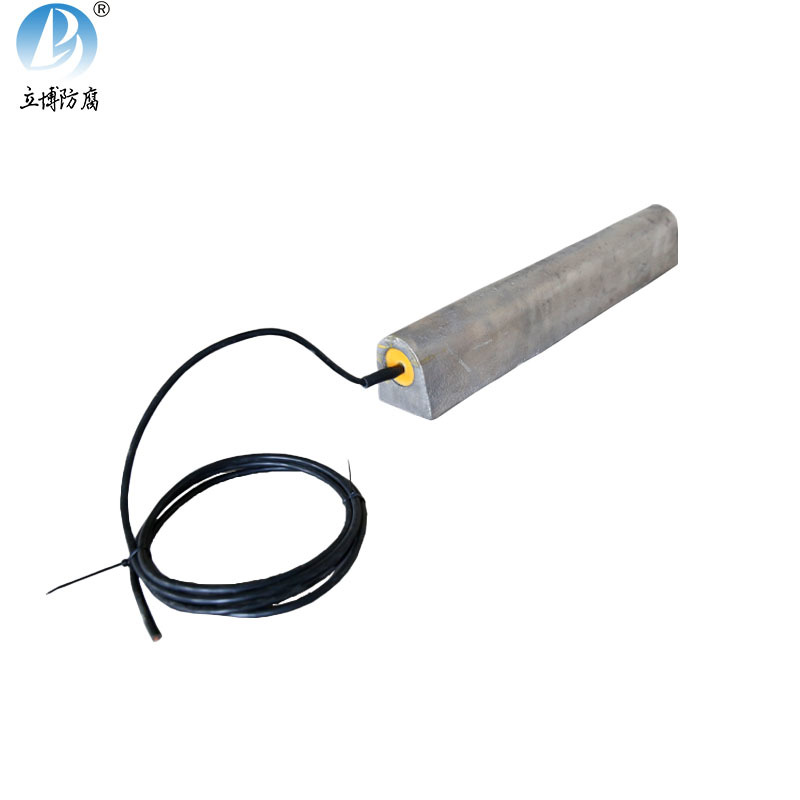Why Reference Electrode is Essential for Accurate Online Monitoring
Release time:
2025-06-28
Why Reference Electrode is Essential for Accurate Online Monitoring Introduction to Online Monitoring Systems In the realm of environmental detection, **online monitoring systems** serve as the backbone for maintaining quality and compliance. These systems continuously measure various parameters, including pH, conductivity, and dissolved oxygen, providing real-time data critical for decision-makin
Why Reference Electrode is Essential for Accurate Online Monitoring
Introduction to Online Monitoring Systems
In the realm of environmental detection, **online monitoring systems** serve as the backbone for maintaining quality and compliance. These systems continuously measure various parameters, including pH, conductivity, and dissolved oxygen, providing real-time data critical for decision-making. However, to ensure the reliability of these measurements, the integration of a **reference electrode** is not just beneficial; it is essential.
The Functionality of Reference Electrodes
Understanding Reference Electrode Basics
A reference electrode provides a stable reference point against which the measurements of the working electrode can be compared. This stability is crucial for accurate readings, as fluctuations in the environment or the sensor can lead to significant errors without a proper reference. Common types of reference electrodes include saturated calomel electrodes (SCE) and silver/silver chloride electrodes (Ag/AgCl), each serving the purpose of maintaining a constant voltage.
Components and Composition of Reference Electrodes
The structure of a reference electrode typically includes:
- **Electrolyte Solution**: This solution maintains ionic strength and provides a medium for charge transfer.
- **Electrode Material**: The material must exhibit stable electrochemical properties, ensuring consistency in readings.
- **Insulating Body**: Protects the internal components from external interference, maintaining the integrity of measurements.
The design and material choice can significantly influence the performance and accuracy of the reference electrode.
The Importance of Reference Electrodes in Online Monitoring
Ensuring Measurement Accuracy
Accuracy in online monitoring is paramount. Reference electrodes provide a stable baseline, allowing for reliable comparisons over time. Without a reference, readings can drift, leading to false conclusions about the monitored environment. For instance, in water quality monitoring, an inaccurate pH reading could result in improper treatment decisions, adversely affecting ecosystems and public health.
Minimizing Environmental Interference
Environmental factors such as temperature fluctuations, ionic strength variation, and contamination can introduce noise into measurements. A **reference electrode** mitigates these effects by providing a consistent reference point. By compensating for these variables, reference electrodes help to ensure that readings reflect true changes in the monitored environment rather than artifacts of measurement.
Enhancing Sensor Longevity and Reliability
Properly functioning reference electrodes contribute to the overall durability of online monitoring systems. By providing stable and reliable readings, they reduce wear and tear on sensors, ultimately extending their lifespan. This not only leads to cost savings in maintenance and replacement but also ensures continuous compliance with regulatory standards.
Applications of Reference Electrodes in Various Industries
Water Quality Monitoring
In water treatment facilities, reference electrodes play a vital role in measuring parameters such as pH and conductivity. These measurements are critical for ensuring that water meets safety standards for consumption. Continuous monitoring allows for immediate adjustments to treatment processes, preventing contamination and ensuring public safety.
Industrial Process Control
Manufacturing processes often require precise control over chemical reactions. Reference electrodes are essential in these settings, ensuring that variables such as acidity or alkalinity remain within specified limits. This precision is crucial in industries such as food and beverage, pharmaceuticals, and chemical manufacturing.
Environmental Research
In environmental science, reference electrodes are used to monitor soil and groundwater quality. Researchers rely on accurate data to assess contamination levels and the effectiveness of remediation efforts. The role of reference electrodes in providing reliable data cannot be overstated, as it directly impacts environmental health assessments.
Challenges and Considerations in Using Reference Electrodes
Maintenance Requirements
While reference electrodes are essential for accurate online monitoring, they do require regular maintenance. Over time, the electrolyte solution can deplete or become contaminated, leading to compromised readings. Regular checks and timely replacement of the electrolyte are necessary to ensure consistent performance.
Calibration Needs
Calibration is another critical aspect of using reference electrodes. Regular calibration against known standards ensures that the reference electrode remains stable over time. This process can be resource-intensive but is necessary to maintain the accuracy of online monitoring systems.
Conclusion: The Indispensable Role of Reference Electrodes
In summary, reference electrodes are essential for accurate online monitoring across various industries, from water quality management to industrial process control and environmental research. By providing a stable reference point, they ensure that measurements are not only accurate but also reliable over time, minimizing errors caused by environmental fluctuations.
Investing in high-quality reference electrodes and committing to regular maintenance and calibration will significantly enhance the performance of online monitoring systems. As industries increasingly rely on real-time data for decision-making, the role of reference electrodes will only continue to grow in importance.
FAQs
What is the purpose of a reference electrode?
A reference electrode provides a stable baseline for measurements, allowing for accurate comparisons and readings in online monitoring systems.
How often should reference electrodes be calibrated?
Calibration frequency depends on the application, but it’s generally recommended to calibrate reference electrodes at least once a month or after significant environmental changes.
What types of reference electrodes are commonly used?
The most common types include saturated calomel electrodes (SCE) and silver/silver chloride electrodes (Ag/AgCl), each chosen based on specific application requirements.
Can reference electrodes affect the lifespan of sensors?
Yes, by providing stable and accurate readings, reference electrodes can help reduce wear and tear on sensors, ultimately extending their lifespan.
What are the main factors affecting the performance of a reference electrode?
Key factors include the quality of the electrolyte solution, the electrode material, and environmental conditions such as temperature and contamination levels.
Key words:
Learn more about industry dynamics
The company's main products: magnesium alloy sacrificial anode series, aluminum alloy sacrificial anode series, zinc alloy sacrificial anode series, and cathodic protection supporting products, such as more than a dozen varieties and hundreds of specifications.
Focus on the development and production of cathodic protection materials
online message
We will contact you within one working day. Please pay attention to your phone or email.








